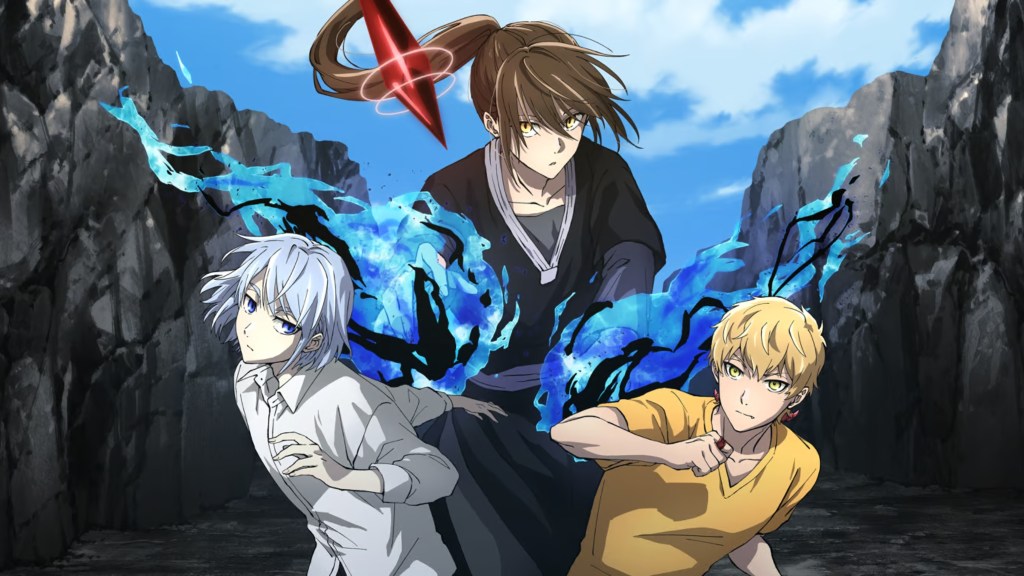
Lee Jong-hui, creator of the massively popular Korean manhwa Tower of Godsat at a roundtable interview with ComicBook alongside journalists from Anime Corner, Anime News Network, Screen Rant, and The Beat to discuss his hit series. Jong-hui, who also uses the alias S.I.U., discusses the series’ impact on the manhwa and webtoon industry, his personal quirks as an author, and the animated adaptation of his work. Tower of God initially began publication on the Korean Naver Webtoon platform in 2010, quickly rising to become one of the platform’s most popular webcomics. The series’ success led to a two-season animated adaptation, with the first season produced by Telecom Animation Film and the second season produced by The Answer Studio.
Tower of God is an action-fantasy series about a young boy with the unusual name of Twenty-Fifth Bam. He grew up trapped and underneath a mystical and mysterious Tower. When his only friend, Rachel, decided to enter the Tower, Bam escaped his confines and chased after her. Bam becomes an “Irregular,” someone from the outside who enters the Tower. Once inside, Bam is introduced to a new hierarchy of power within the Tower and its multiple civilizations. Those with higher status reside on the upper floors, where people can only move up if they pass specific tests that challenge their strength, dexterity, and intelligence.
Tower of God‘s Creator Discusses His Career Trajectory

S.I.U. was asked a question about their career trajectory after publishing Tower of God for over a decade and a half. The author compares the still-growing Korean manhwa industry with the Japanese industry, and goes over how he feels about being in the “center of everything.”
With Urek Mazino and multiple seasons of the anime and a gorgeous print run, how do you feel about the trajectory of your series across this decade and a half in the manhwa industry that’s grown exponentially?
S.I.U.: There’s a lot going on; it’s a little confusing. For example, when thinking of Japanese comics, a lot of creators seem to already be established once they’re publishing, and there’s a market that exists for them to publish in. When it comes to Korean comics, Webtoon in particular, it’s now finding its footing, being established, and expanding as well. So, sort of the approach and feelings of when you’re on the periphery, versus when you’re in the middle of things, are different. If I’m able to continue doing what I do, I want to be able to do what I can from the center of everything, rather than be at the periphery of things.
Jong-hui offers a fascinating insight that only someone like him could answer. The concept of online webcomics, including Webtoons, was relatively in its infancy when Tower of God first began in 2010. Rather than follow the Japanese manga model, where a mangaka would first establish a name for themselves before publishing their first major work, Webtoon allows creators to be in “the middle of things.” S.I.U. very much approves of the Webtoon approach, as it allows him to be at the center of everything rather than be at the “periphery” as he describes it. It seems like Jong-hui is referring to the many Japanese editors and staff who work alongside the mangaka to create a manga. In contrast, Webtoon allows the authors more direct control over everything, which is what S.I.U. prefers.
Agree with what S.I.U. says? Are you still keeping up with Tower of God? Comment below to share your thoughts!
